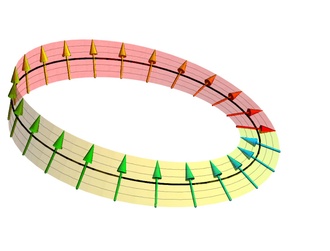user54412
user54412
user54412
user54412
user54412
user54412
user54412
user54412
user54412
user54412
user54412



